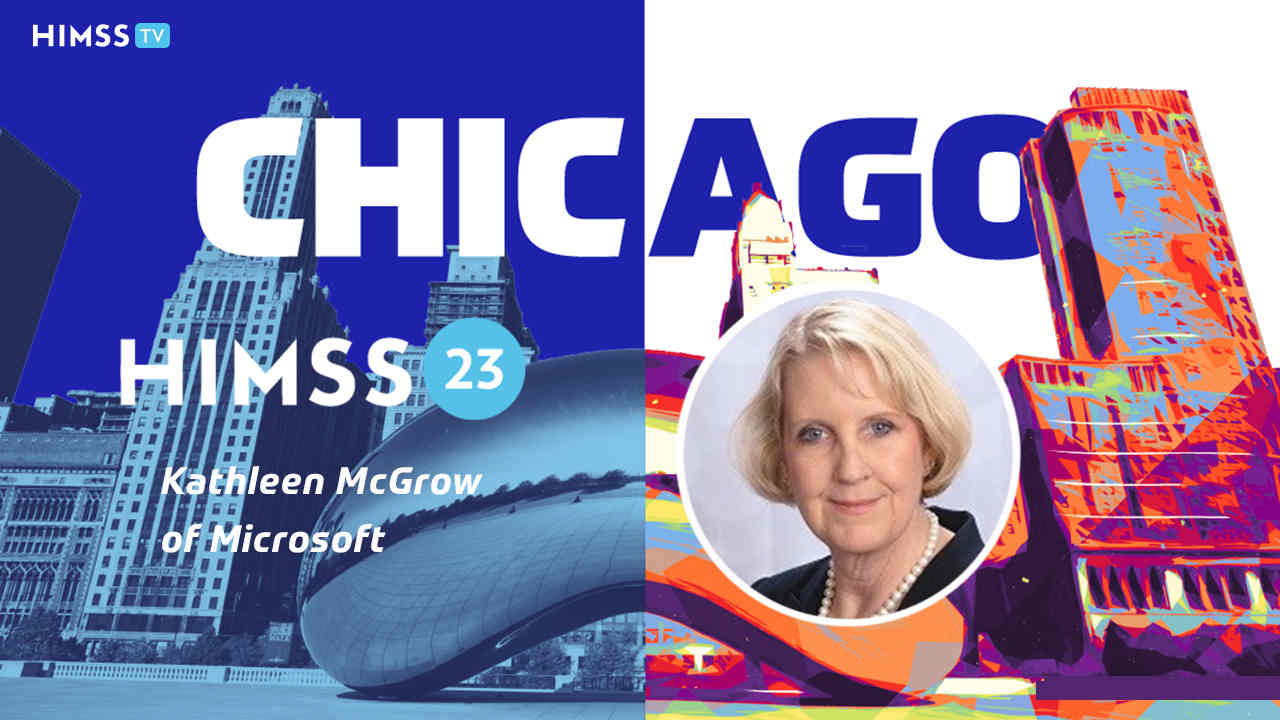
@ShahidNShah


Microsoft's chief nursing information officer, Kathleen McGrow, has outlined a number of ways technology may lessen the workload for medical professionals. The following are some of the main ideas she covered: Clinical Decision Support: At the moment of care, technology can give physicians access to evidence-based recommendations, industry best practices, and current patient information. Clinical decision support systems can help with patient diagnosis and treatment, cut down on mistakes, and enhance patient outcomes. The most recent medical advice and research can be kept up to date by physicians with the use of these platforms. Workflow optimization: Technology solutions can automate repetitive tasks and streamline workflows, freeing up physicians to concentrate more on providing direct patient care. For instance, electronic health record (EHR) systems can streamline order input, documentation, and prescription administration, decreasing administrative burden and enhancing.
Continue reading at healthcareitnews.com
Despite the fact that we haven't made many substantial strides in AI research recently, there seems to be a general sense of doom and gloom surrounding AI everywhere we turn. The main difference is …
Posted May 22, 2023 Artificial Intelligence and Machine Learning in Software as a Medical Device Artificial Intelligence
Connecting innovation decision makers to authoritative information, institutions, people and insights.
Medigy accurately delivers healthcare and technology information, news and insight from around the world.
Medigy surfaces the world's best crowdsourced health tech offerings with social interactions and peer reviews.
© 2025 Netspective Foundation, Inc. All Rights Reserved.
Built on Apr 17, 2025 at 6:07am